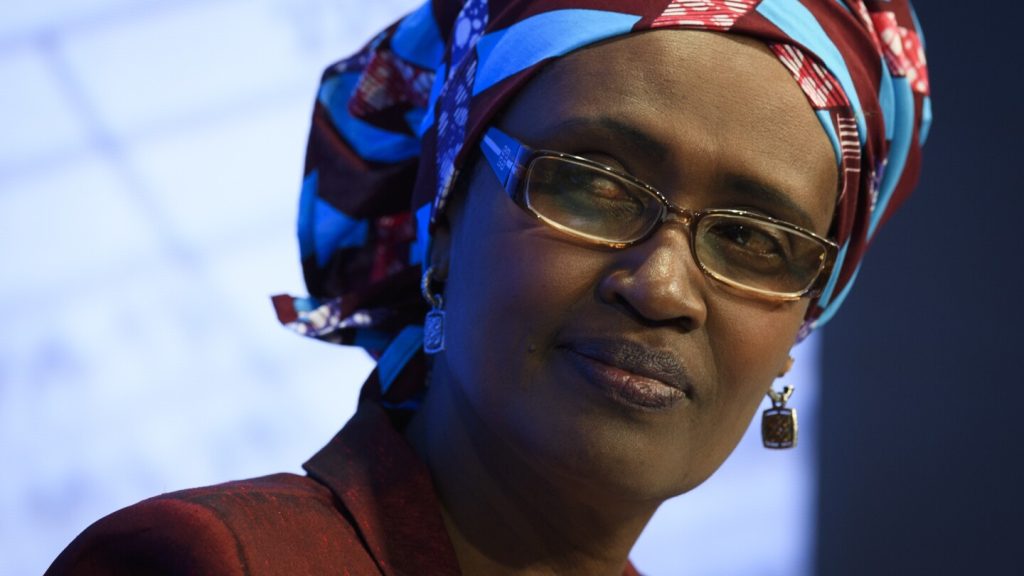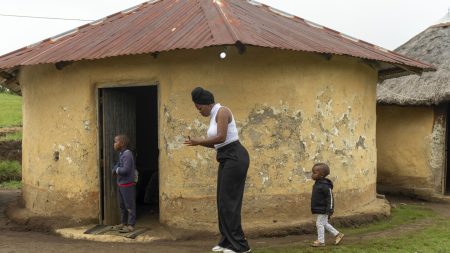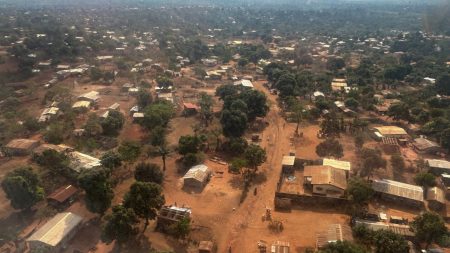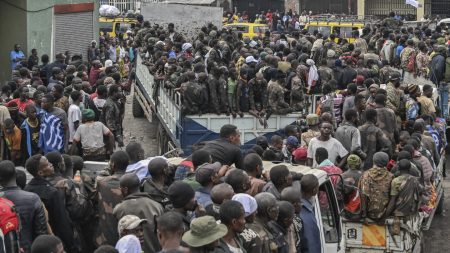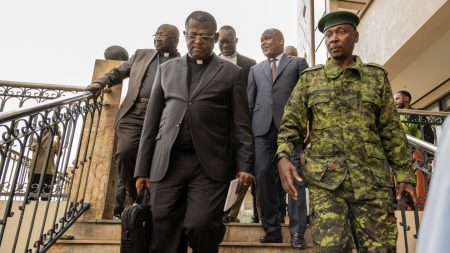The Devastating Impact of Reduced U.S. Support for Global HIV/AIDS Programs
In a stark warning issued by the United Nations AIDS agency (UNAIDS), the world is facing a potential surge in new HIV infections if the United States withdraws its support for global HIV/AIDS programs. UNAIDS Executive Director Winnie Byanyima has cautioned that the number of new HIV infections could skyrocket to 8.7 million by 2029—a nearly sevenfold increase compared to the 1.3 million cases reported in 2023. This alarming projection comes after President Donald Trump announced a 90-day freeze on all U.S. foreign assistance, which includes critical funding for HIV/AIDS programs in some of the world’s most affected countries. Byanyima emphasized that this decision could lead to catastrophic consequences, including a tenfold increase in AIDS-related deaths (reaching 6.3 million), the loss of lifesaving treatments, and the orphaning of an additional 3.4 million children.
Progress at Risk: The Consequences of U.S. Funding Cuts
The global fight against HIV/AIDS has made remarkable progress in recent decades, with new infections declining by 60% since the peak in 1995. However, this hard-won progress is now under severe threat due to the sudden withdrawal of U.S. funding. Byanyima highlighted that in many African countries, where HIV/AIDS remains a major public health crisis, external funding—largely from the U.S.—accounts for approximately 90% of HIV program budgets. The abrupt freeze has already caused widespread disruption, with hundreds of HIV workers in Kenya and Ethiopia being laid off, leaving health officials scrambling to maintain their response to the epidemic.
Byanyima, speaking from Uganda, described the situation as "panic, fear, and confusion" among affected communities. She stressed that the loss of U.S. support would not only halt progress but also reverse decades of achievements in controlling the disease. "We will see a surge in this disease," she warned, urging the Trump administration to reconsider its decision. While refraining from direct criticism of U.S. policy, Byanyima made it clear that the withdrawal of American leadership in global HIV efforts would have far-reaching and deadly consequences.
A Second Major Crisis for HIV/AIDS Response
The withdrawal of U.S. funding represents what Byanyima described as the second biggest crisis in the history of HIV/AIDS response, rivaling the delays in accessing life-saving antiretroviral therapies (ARVs) for low-income countries in the early years of the epidemic. At the time, millions of people in poor nations died while waiting for the medications that were readily available in wealthier countries. Today, the loss of U.S. support threatens to derail the progress made since then, particularly in Africa, where HIV/AIDS continues to disproportionately affect vulnerable populations.
Byanyima also pointed to the timing of the funding cuts, which coincides with the emergence of a groundbreaking new tool in HIV prevention: lenacapavir, a twice-yearly injection that has shown remarkable effectiveness in preventing HIV infection. This innovative treatment, developed by the American pharmaceutical company Gilead, has the potential to revolutionize HIV prevention and could play a key role in ending the epidemic as a public health threat within the next five years. However, without sufficient funding, the widespread rollout of lenacapavir and other critical interventions will be severely hampered, denying millions of people access to life-saving care.
The Economic and Humanitarian Case for Continued U.S. Support
Byanyima argued that the decision to freeze U.S. funding for HIV/AIDS programs is not only morally indefensible but also economically short-sighted. Foreign aid, she noted, accounts for less than 1% of the overall U.S. budget, yet it has been instrumental in driving global health innovations that benefit both American companies and the rest of the world. For instance, the development of lenacapavir was supported by international aid, which enabled American companies like Gilead to invest in research and development. "We appeal to the U.S. government to review this decision," Byanyima said, emphasizing the mutual benefits of continued American leadership in global health efforts.
The freeze in funding has also raised concerns about the emergence of more drug-resistant strains of HIV, as interrupted treatment programs could allow the virus to mutate and spread more aggressively. This would not only worsen the epidemic in affected countries but also pose a threat to global health security. Byanyima urged the international community to recognize the interconnected nature of the HIV crisis and to prioritize collective action to address it.
A Global Call to Action
Despite the gravity of the situation, Byanyima remains hopeful that international solidarity can help mitigate the impact of the U.S. funding freeze. She plans to visit European capitals to rally support from global leaders, emphasizing the shared responsibility to protect human life and uphold human rights. "People are going to die because lifesaving tools have been taken away from them," she said, but she also expressed optimism that European countries, which have historically championed global health initiatives, may step in to fill the funding gap.
In conclusion, the potential withdrawal of U.S. support for global HIV/AIDS programs presents a moment of reckoning for the world. The progress made in recent decades is at risk of being undone, with devastating consequences for millions of people. Byanyima’s urgent appeal to the U.S. government and the international community is a call to action that cannot be ignored. The fight against HIV/AIDS is not just a matter of public health; it is a test of global solidarity and humanity. The world must come together to ensure that no one is left behind in the pursuit of a future free from HIV/AIDS.





